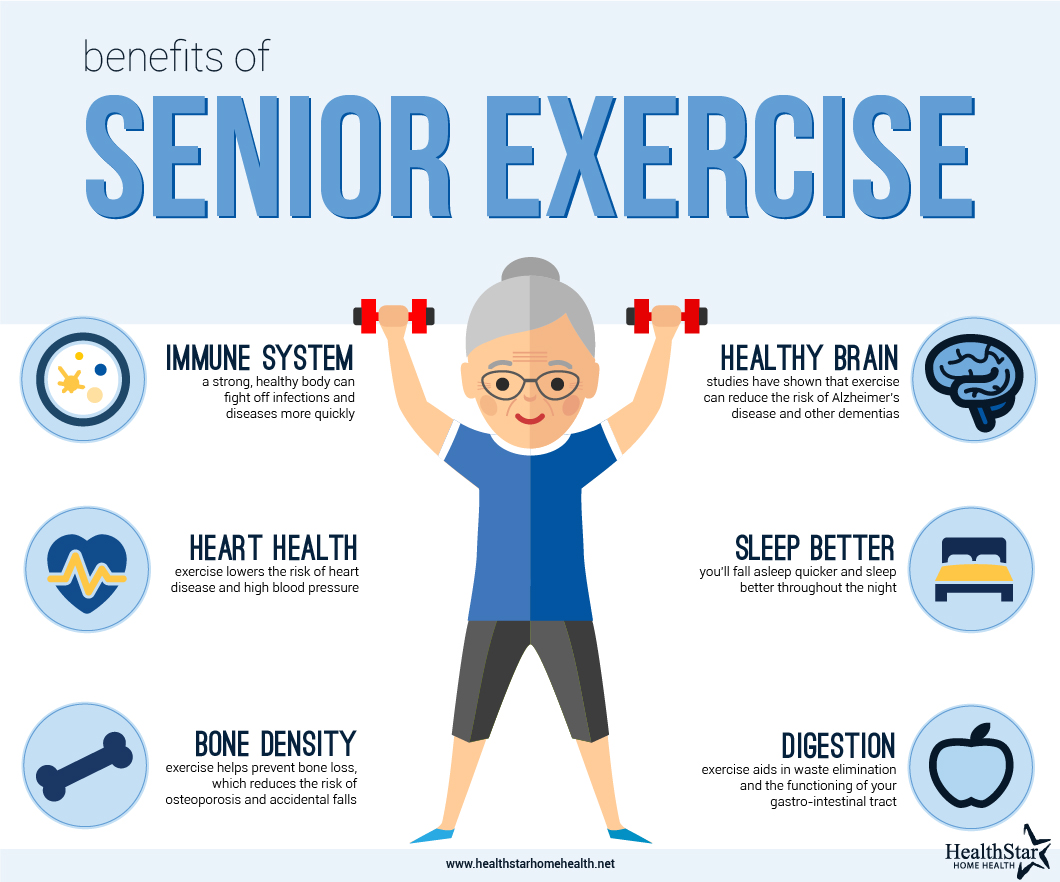The Benefits of Exercise: Improving Health and Well-being
Welcome to our comprehensive guide on the benefits of exercise. In this article, we will explore the numerous advantages that regular physical activity can bring to your life. Exercise is a vital component of a healthy lifestyle, and by incorporating it into your routine, you can enhance your physical and mental well-being.
Enhanced Physical Fitness
Engaging in regular exercise helps improve physical fitness in various ways. It strengthens your muscles, increases endurance, and enhances flexibility. By participating in activities such as cardio exercises, strength training, and flexibility exercises, you can achieve a well-rounded fitness level.
Weight Management
Exercise plays a crucial role in weight management. It helps burn calories and contributes to maintaining a healthy weight. When combined with a balanced diet, exercise can assist in weight loss by creating a calorie deficit. Regular physical activity also helps prevent weight gain and promotes weight maintenance.
Reduced Risk of Chronic Diseases
Regular exercise has been shown to reduce the risk of chronic diseases. It can help prevent conditions such as heart disease, type 2 diabetes, and certain types of cancer. Physical activity strengthens the cardiovascular system, improves blood circulation, and helps regulate blood pressure and cholesterol levels.
Improved Mental Health
Exercise not only benefits the body but also has a positive impact on mental health. Physical activity stimulates the release of endorphins, often referred to as “feel-good” hormones. These endorphins help reduce stress, anxiety, and symptoms of depression. Regular exercise can also improve sleep quality and boost self-confidence.
Increased Energy Levels
Regular exercise boosts energy levels and reduces fatigue. Engaging in physical activity increases oxygen and nutrient supply to the body’s tissues, improving overall energy production. Exercise also enhances the efficiency of the cardiovascular and respiratory systems, leading to increased stamina and endurance.
Enhanced Brain Function
Exercise has been linked to improved cognitive function and enhanced brain health. Physical activity increases blood flow to the brain, promoting the growth of new blood vessels and brain cells. It can enhance memory, concentration, and overall mental acuity. Regular exercise has even been associated with a reduced risk of age-related cognitive decline.
Stress Relief
Exercise is a fantastic way to relieve stress and improve overall well-being. Physical activity stimulates the production of endorphins, which act as natural stress relievers. Engaging in exercise can help clear your mind, reduce tension, and provide a healthy outlet for emotions. Whether it’s a brisk walk, a yoga session, or a workout at the gym, exercise can help you unwind and de-stress.
Improved Sleep Quality
Regular exercise can significantly improve sleep quality. Physical activity increases body temperature, and the post-exercise drop in temperature promotes better sleep. Additionally, exercise helps regulate the sleep-wake cycle, allowing for a more consistent and restful night’s sleep. However, it is important to avoid vigorous exercise close to bedtime, as it may have the opposite effect.

In conclusion, exercise offers a multitude of benefits for both physical and mental well-being. By incorporating regular exercise into your lifestyle, you can improve physical fitness, manage weight, reduce the risk of chronic diseases, enhance mental health, boost energy levels, improve brain function, relieve stress, and promote better sleep. Remember, it’s essential to consult with a healthcare professional before starting any new exercise program, especially if you have any underlying health conditions. So, why wait? Start reaping the benefits of exercise today and take a step towards a healthier and happier life!
FAQS:
What are the benefits of exercise?
Exercise has numerous benefits, including improved cardiovascular health, increased strength and endurance, weight management, reduced risk of chronic diseases, enhanced mood, and improved cognitive function.
How often should I exercise?
The American Heart Association recommends at least 150 minutes of moderate-intensity aerobic activity or 75 minutes of vigorous-intensity aerobic activity per week, along with muscle-strengthening activities at least two days a week.
Can exercise help with weight loss?
Yes, exercise can aid in weight loss by burning calories and increasing metabolism. Combining regular exercise with a healthy diet is the most effective approach for weight management.
Does exercise improve mental health?
Absolutely! Exercise releases endorphins, which are natural mood boosters. Regular physical activity can help reduce symptoms of anxiety and depression, improve sleep, and enhance overall mental well-being.
Are there any age restrictions for exercise?
Exercise is beneficial for people of all ages. However, it is essential to choose activities appropriate for your fitness level and health condition. Consult with a healthcare professional before starting any new exercise program, especially if you have any underlying health concerns.
Can exercise reduce the risk of chronic diseases?
Yes, regular exercise can help prevent or manage various chronic conditions such as heart disease, type 2 diabetes, certain cancers, and osteoporosis. It also improves overall immune function.
What are the benefits of strength training?
Strength training helps build muscle mass, increases bone density, improves joint stability, enhances metabolism, and promotes healthy aging. It is crucial for maintaining overall strength and functionality.
How does exercise improve cardiovascular health?
Exercise strengthens the heart muscle, improves blood circulation, lowers blood pressure, and increases HDL (good) cholesterol levels. These factors collectively reduce the risk of heart disease and stroke.
Can exercise improve brain function?
Yes, exercise promotes better blood flow to the brain, stimulates the growth of new neurons, and enhances cognitive function, memory, and concentration. It is especially beneficial for older adults in reducing the risk of cognitive decline.
What should I do if I have a medical condition?
If you have a medical condition or any concerns, it is important to consult with your healthcare provider before starting an exercise routine. They can provide personalized guidance based on your specific needs and limitations.




